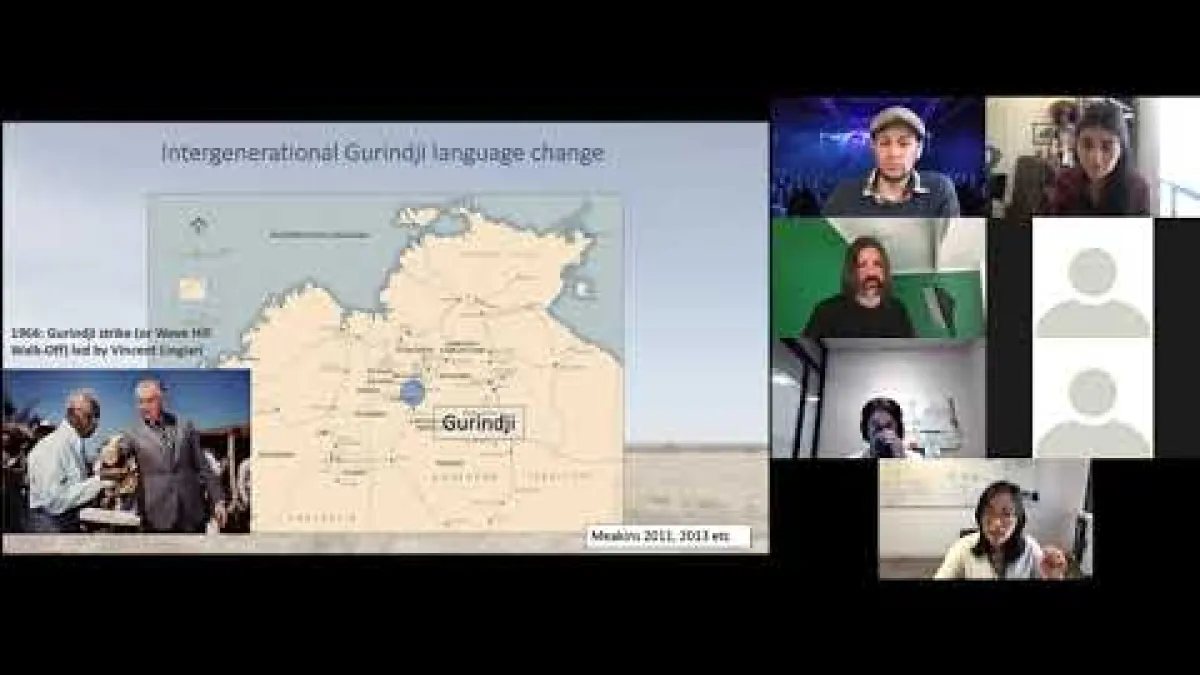Ecology and Evolution Discussions Down Under: Human Culture
Invited Panel: Michael Kasumovic & Dominique Potvin
Speakers
Event series
Content navigation
Description

Invited Panel: Michael Kasumovic & Dominique Potvin
-------------------------------------------------------------------------------
Cultural and biological evolution of music(ality)
Associate Professor Patrick Savage
The evolution of musical works and the human capacity to make and appreciate music (“musicality”) have fascinated scholars going back to Darwin and earlier. However, early attempts to investigate such questions fell into disrepute due to their reliance on overly simplistic unilinear models and assumptions about “primitive” music. Only within the last few decades have these questions been investigated using more sophisticated models and large-scale quantitative data. I will present some of our recent work applying such techniques to evolution of musical diversity and universality. I will argue that the cultural and biological evolution of music are inextricably linked, and that one of the primary factors that have shaped this gene-culture coevolution is the way music brings us together in ways that language alone cannot.
Extending evolutionary theory from biology to linguistics
Dr Xia Hua
Exchange in ideas between language evolution and biological evolution has a long history, due to a possibly shared theoretical foundation between the two evolving systems. Both systems evolve in terms of the frequency of a variant in a population for each of a large number of variables – how often a particular variant is used in a speaker population for each language variable vs. how many individuals in a biological population carry a particular genetic variant for each gene – and the way these frequencies change can be modelled in a similar mathematical framework. Here, I show how we can use ideas in biological evolution to study how social factors affect the usage of which language variables in a speaker population. This allows us to link language evolution from population level (sociolinguistics) to language level (historical linguistics).
Location
Zoom link:
https://unimelb.zoom.us/j/85639897643?pwd=U2k4RVdCWnpPQTl5Z1dGOGxibDUvdz09
Password: 2021
Canberra time: please check your local time & date if you are watching from elsewhere.

